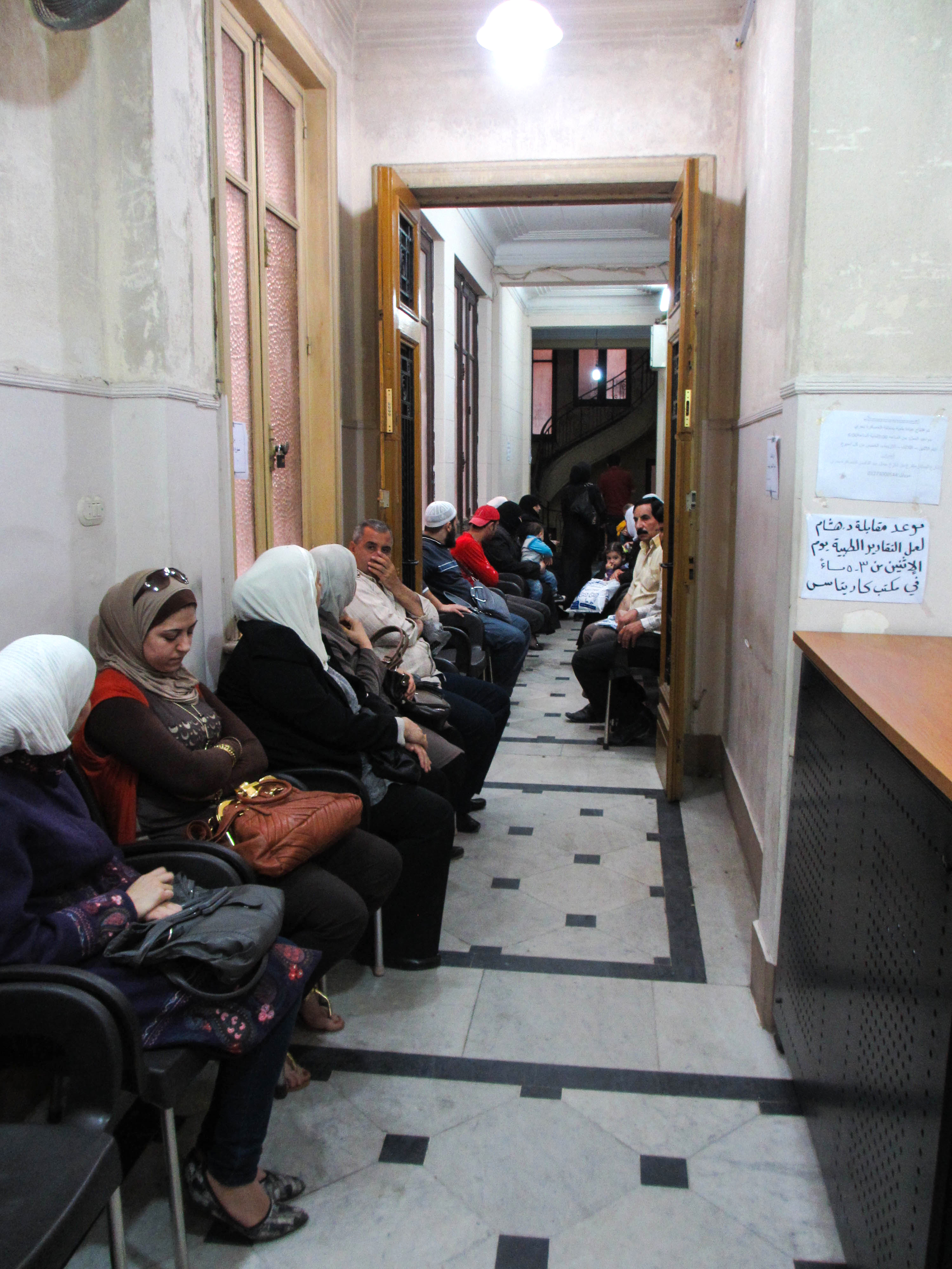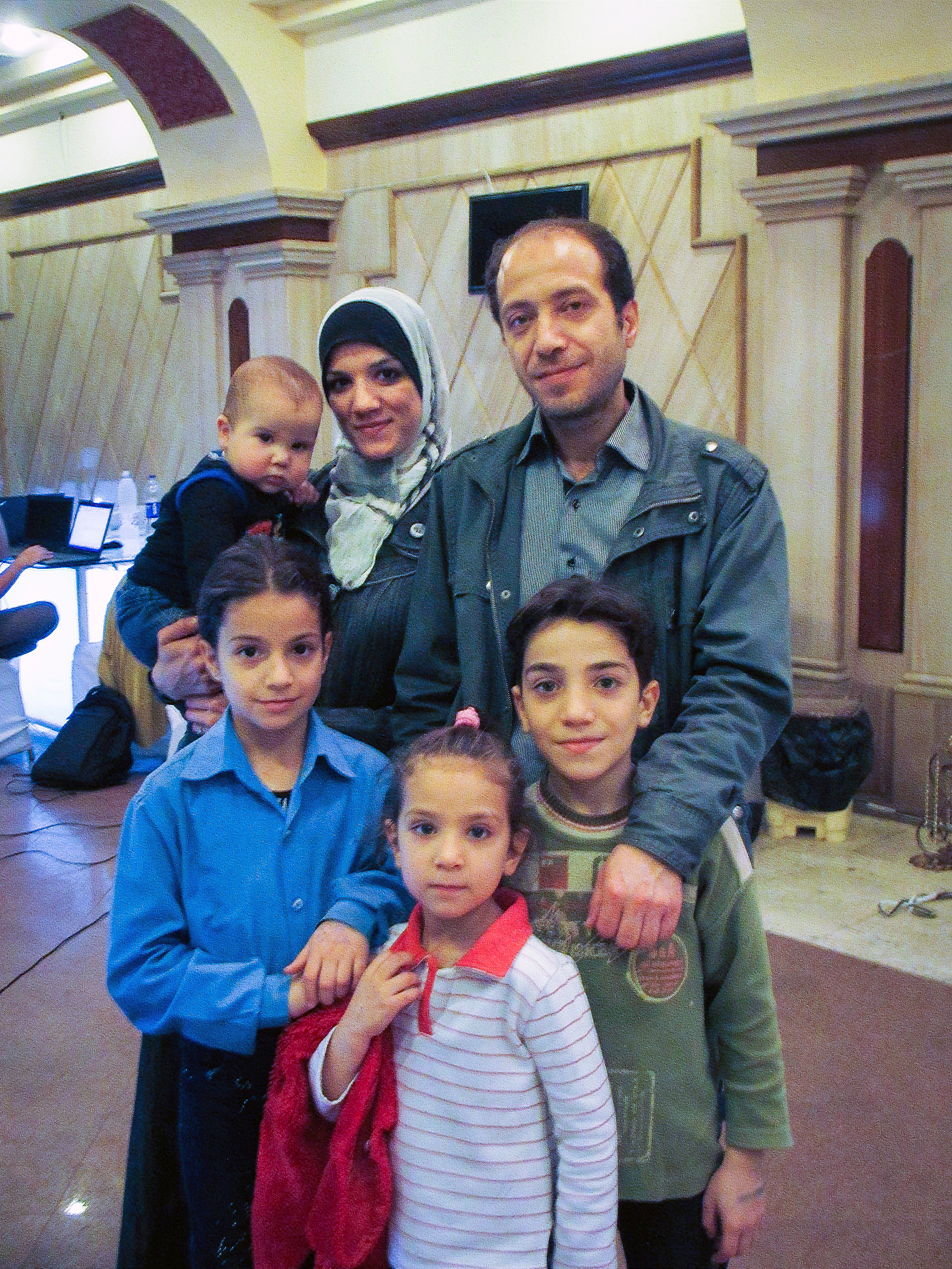Tough Times for Syrian Refugees in Egypt

Around 135,000 Syrians have registered with the United Nations Refugee Agency (UNHCR) in Egypt. Estimates by UNHCR and other humanitarian organizations suggest that the Syrian refugee population in the country could be twice that number. Egypt’s political upheavals, along with national policies that obstruct the work of humanitarian organizations, have left Syrian refugees there with little visibility or assistance outside the communities where they live.
More international attention must be directed towards these marginalized populations. Egypt already has functioning systems in place for helping refugees. But those systems require additional support from donors, the national government, and Egyptians themselves if they are to meet the basic needs of people who have fled there.


Background
Refugees International traveled to Egypt in April 2014 to investigate the situation of the Syrian refugees who have arrived since the conflict in their country began. Almost three million Syrians have departed Syria over the past several years, with the majority of them fleeing to adjacent countries. Iraq, Jordan, Lebanon, and Turkey all have enormous – and still growing – Syrian refugee populations that have been the main focus of the world’s attention.
Lesser known is the situation of Syrian refugees in Egypt, where a trickle of arrivals turned into a flood in the second half of 2012. By the end of that year, their numbers and needs were great enough that Egypt joined UNHCR’s regional appeal for humanitarian aid to Syrians. But in spite of requests for assistance on their behalf, these refugees have attracted little attention and few resources. Funding shortfalls, combined with a number of restrictions that Egypt has imposed on local and international non-governmental organizations (NGOs), mean that Syrians struggle with the daily demands of life, such as paying rent, buying food, and receiving medical care.
Initially, the Syrian refugees arriving in Egypt were warmly welcomed. Historical links between the two countries had created a sense of solidarity between Syrians and Egyptians. New Egyptian aid organizations sprang up to offer assistance to the refugees, and in general there was a high level of concern for the welfare of the new arrivals. As one person in Cairo told RI, with their own revolution still fresh in their minds, Egyptians were well aware that “that could have been us.”
The Syrians were not the first refugees to make their way to Egypt. For two decades prior to their arrival, the country hosted tens of thousands of refugees, mostly from Iraq and the Horn of Africa. The UN, international and local NGOs, and government services were already struggling to keep up with the needs of these refugees. The Syrians’ ability to find support is thus complicated by the fact that they have joined a sizeable refugee community already in Egypt. UNHCR and a limited number of partners now must respond to a refugee population that has more than doubled in a short period of time.
In the summer of 2013, a new wave of social and political upheaval in Egypt brought hostility toward resident Syrians in particular. Refugees told RI about Syrians being demonized in Egyptian media and Syrian children being attacked on the way to school. They felt increasingly vulnerable as reports poured in of arrests, detentions, and deportations.
Recommendations
- The government of Egypt should lift the entry restrictions it has imposed on Syrian citizens.
- Donor countries to the Regional Response Plan for Syrians – particularly the United States, the European Union, and its member states – should specifically direct more resources to the United Nations Refugee Agency’s operations in Egypt.
- Donor countries and development agencies should do more to support the country’s public services in areas where refugees are living.
- The government of Egypt should allow already-registered international and local non-governmental organizations to expand their programming to include new projects for Syrian refugees. This should include permission for transfer of international funds for the NGOs.
- Countries with resident Syrian populations should permit and facilitate family reunification for Syrians.
Daryl Grisgraber and Jeff Crisp traveled to Egypt in April 2014, visiting Cairo, New Damietta, and Alexandria.